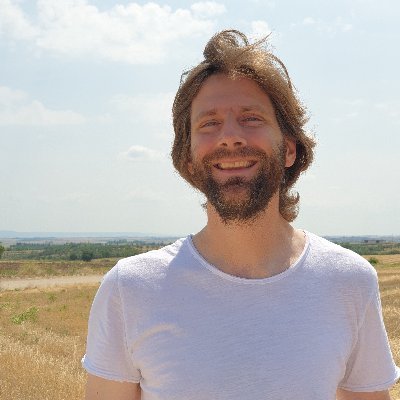Objectives
Abstract: Recent advances in sequencing technology allow us to completely assemble genomes of many organisms, leading to the first telomere-to-telomere assembly of any human genome. Building on these techniques, the Human Pangenome Reference Consortium (HPRC) has put forward a draft human pangenome reference based on haplotype-resolved assemblies of 47 humans. Existing approaches to understanding genomic variation are based on comparisons to a single reference genome, an approach which breaks down in the multi-reference context of the pan genome. We thus develop new computational pangenomic methods that allow us to understand genome variation from many frames of reference. Applying these in the context of the Human Pangenome Project yields the most complete picture of human sequence evolution available to date. And we are able to understand the last unexplored frontier of human genomes, the short arms of the acrocentric chromosomes. We show that in these regions, standard chromosome relationships break down, and the chromosomes form a community in which recombination occurs between heterologous chromosome pairs, a phenomenon not seen elsewhere in the human genome and never before characterized. Our work solves the sequence basis for the most common kind of chromosomal abnormality in humans: Robertsonian translocation between acrocentric chromosomes, and paves the way to studies that consider the entire human pangenome in biology and biomedicine.
 Erik Garrison
Erik Garrison
Speakers
Speaker: Erik Garrison, Assistant professor at the University of Tennessee Health Science Center in Memphis.
Host: Marta Melé, Transcriptomics and Functional Genomics Lab Leading Researcher, BSC.

